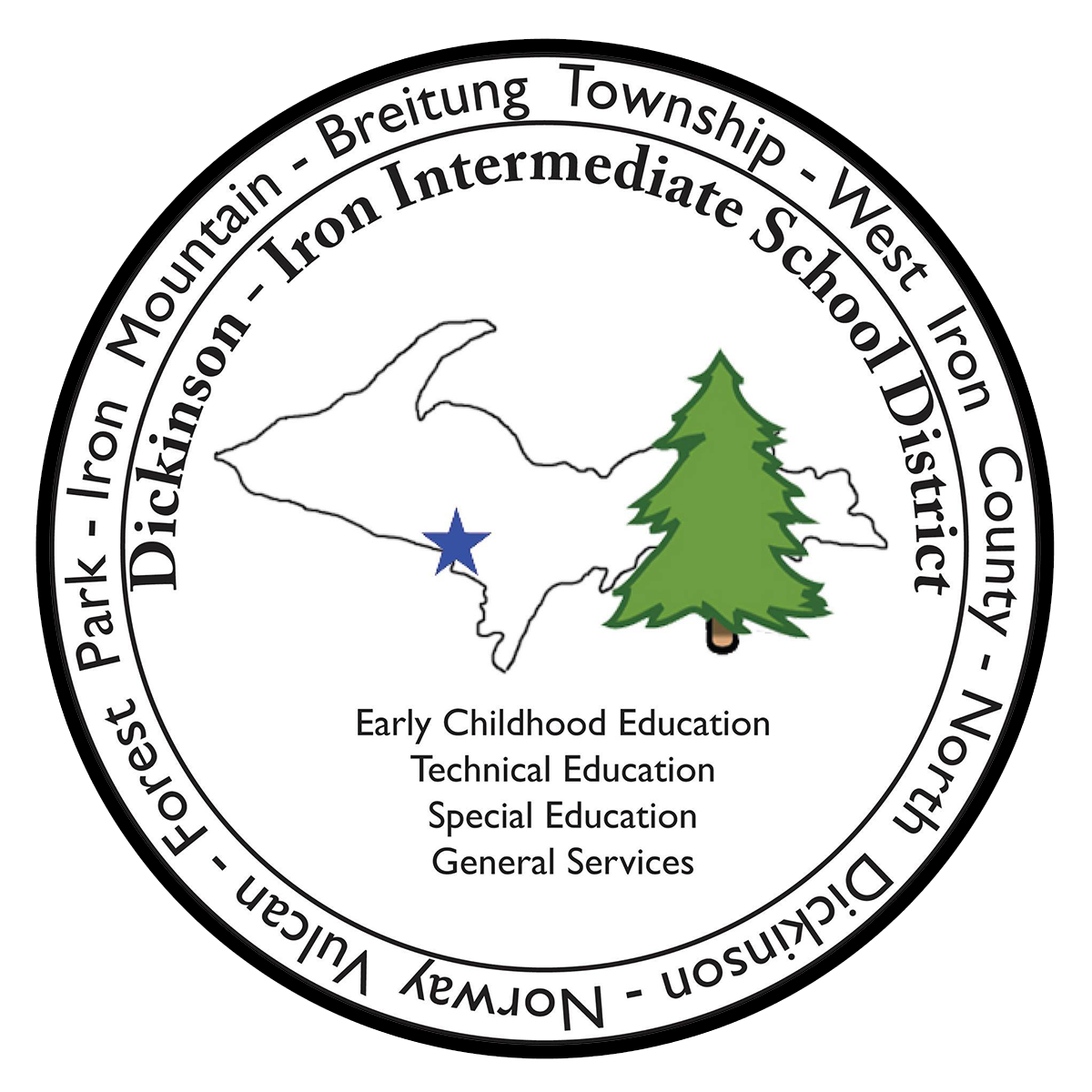Information About Family Services and Parent Involvement Activities
Total Number of families Served=137
Family & Child Service Plan/Family Partnership Agreement
Development of the Family Partnership Process begins at the initial “intake meeting”. All families are provided the opportunity to enter into a “Family Partnership Agreement”. The Family Service Plan (FSP)/Family Partnership Agreement (FPA) includes the strength and goals of the family in areas pertinent to the family. The FSP/FPA serves as a plan of action for the family and program staff to work on together.
Thirteen families received emergency assistance for food, clothing, shelter and housing. Nine families received mental health services. Four families were enrolled into an education or job training program. Two families were assisted with asset building. There were 20 homeless families with 4 of them obtaining housing during the 2024-25 school year. Six children in foster care received program services.
Parent Education
All families benefited from Parent Education efforts. Twenty-six attended research-based parenting classes offered throughout the year. A variety of parent educational materials were provided and reviewed with families and several parenting workshops were offered. Examples of parent education topics include, Emergency Preparedness, Child Safety 101, a “Kid Food” newsletter, Read with Me Program, Guidelines for Adults in the Classroom Handouts, bus safety, mental health information, screen time and child development resources, fire safety and oral health information among many other topics/materials.
Parent Volunteering
Parents are encouraged to volunteer in many ways. Parents may volunteer in the classroom, as an aide on the bus, in the center, fund raising, Parent Center Meetings, Parent Policy Council among others. There were a total of 106 volunteers in program year 2024/25 with 50 being current or past parents.
Parent Involvement in Child Development and Education
Parents provide input regarding their child’s development from the time of intake until the child transitions to public school. This is achieved through home visits, parent teacher conferences, Parent Committee Meetings and Policy Council. Sixty-eight fathers were involved in their child's education.
Parent Involvement in Health, Nutrition, and Mental Health Education
Training/parent education opportunities are offered to parents throughout the program year. Training/parent education is provided when parents volunteer in the classroom, through written material and through presentations.
Parents participated in the Health Services Advisory Committee, taking part in program decisions regarding health, nutrition and mental health education aspects of the program.
The Mental Health Consultant provided educational materials to all families with enrolled children. The Mental Health Consultant is also available to consult parents regarding their child’s behavior/mental health.
Parent Involvement in Community Advocacy
During the initial intake meeting, the Family Service Coordinator or the Early Head Start Home Visitor provided each family with a “HELP” card for Dickinson and Iron County Service Agencies. All content area experts, classroom coordinators and home visitors work with parents to involve them in Community Advocacy opportunities. Teachers have resource binders to help them address parent needs immediately.
Parent Involvement in Transition Activities
Parents are participating members of the Transition/Curriculum Committee. Parents and staff work together through this committee to build relationships between the sending and receiving programs. All children transitioning out of Early Head Start must have a transition plan in place by the time they are 30 months of age.
Policy Council and Parent Committee
The program has established and maintains a Policy Council which is charged with carrying out the shared governance of the Head Start program along with the Dickinson-Iron Intermediate School District Board of Education. The Policy Council is comprised of Head Start parents and Early Head Start parents who are elected at the center level. Policy Council members receive annual training as well as monthly training on budget, invoices and the program’s food menus.
Each Head Start Center also has an established Parent Committee. Parent Committees are established at the center level and consist of parents of currently enrolled children from the center and home based programs.
